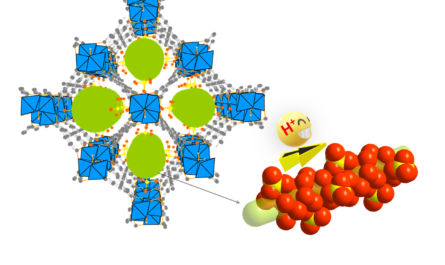A groundbreaking approach to fighting cancer has been developed by researchers at Columbia Engineering. They have engineered probiotics, or tumor-colonizing bacteria, to produce synthetic targets in tumors. These targets direct CAR-T cells, a type of immune cell that can destroy cancer cells, to attack the highlighted cancer cells.
Traditional CAR-T cell therapies have relied on targeting natural tumor antigens. However, solid tumors, such as breast and colon cancers, present a challenge as they contain a mix of cells that display different antigens on their surface, some of which are shared with healthy cells in the body. This has hindered the success of CAR-T cell therapy for solid tumors.
The researchers at Columbia Engineering have created a universal CAR-T cell that attacks a universal antigen. They achieved this by programming the tumor-seeking bacteria to paint solid tumors with a synthetic marker that the CAR-T cells can recognize. This approach eliminates the need to identify a specific tumor antigen for each cancer type and each patient, potentially revolutionizing cancer treatment.
The probiotic-guided CAR-T cell platform, known as ProCAR, combines the advantages of tumor-homing bacteria and CAR-T cells. By doing so, it provides a new strategy for tumor recognition. The researchers believe this platform could pave the way for engineered communities of living therapies, where bacteria are responsible for placing targets and T cells destroy malignant cells.
The ProCAR platform has been proven to be safe and effective across multiple models of human and mouse cancers. It has shown enhanced tumor-killing functions in human T cells and has the potential to enhance the effectiveness of CAR-T cell therapy in solid tumors.
This research is part of an ongoing collaboration with the laboratory of Nicholas Arpaia at Columbia’s Vagelos College of Physicians and Surgeons. The team has previously developed bacteria that deliver immunotherapy payloads.
The researchers are continuing to refine their work and are preparing for clinical trials to fully assess the safety and efficacy of the ProCAR platform in human patients. If successful, this approach could open up new avenues for cancer therapy, offering a promising solution for patients with solid tumors.
*Note:
1. Source: Coherent Market Insights, Public sources, Desk research
2. We have leveraged AI tools to mine information and compile it




